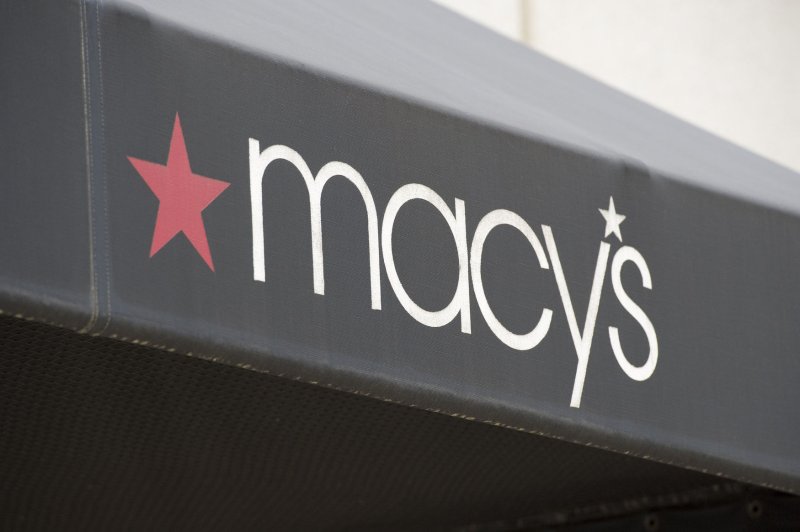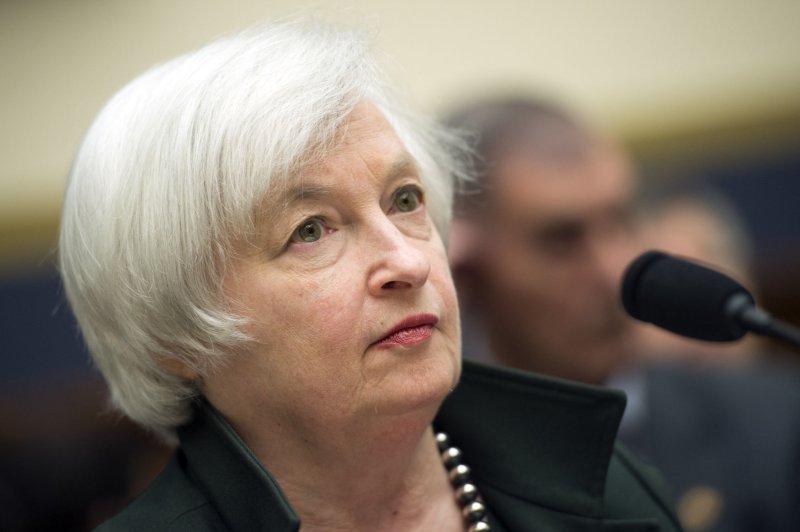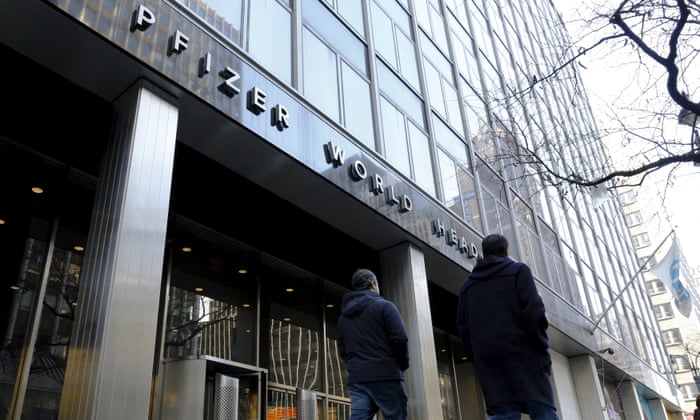 Retailer Macy's Inc. announced the elimination of more than 4,500 jobs and the closure of 36 stores after disappointing sales during the holiday season.
Retailer Macy's Inc. announced the elimination of more than 4,500 jobs and the closure of 36 stores after disappointing sales during the holiday season.
It said Wednesday it would initiate "a series of cost-efficiency and process-improvement measures" by reducing the workforce at each of about 770 Macy's and Bloomingdale's stores, closing other stores, and offering a "voluntary separation opportunity" to some senior executives. The downsizing actions are set to begin early this year.
Macy's announces closure of 36 stores, layoffs after slow holiday sales
Accounting industry and SEC defang America’s audit watchdog
 James Schnurr, just two months into his job as chief accountant at the U.S. Securities and Exchange Commission, stood before a packed ballroom in Washington last December and upbraided a little-known regulator.
James Schnurr, just two months into his job as chief accountant at the U.S. Securities and Exchange Commission, stood before a packed ballroom in Washington last December and upbraided a little-known regulator.
The Public Company Accounting Oversight Board, or PCAOB, oversees the big firms that sign off on the books of America’s listed companies. And the board was “moving too slowly,” Schnurr said, to address auditing failures that in recent years had shaken public confidence in those firms.
Federal Reserve ends 'too big to fail' lending policy
 The Federal Reserve Board approved a rule Monday prohibiting the government from extending emergency loans to "too big to fail" companies.
The Federal Reserve Board approved a rule Monday prohibiting the government from extending emergency loans to "too big to fail" companies.
The practice of intervening with loans was essential during the global financial crisis of 2008 and 2009, but was formally abandoned Monday to keep within the confines of the Dodd-Frank Act, passed in 2010.
Another big corporation is flagrantly dodging tax. This must be outlawed
 No invention of modern capitalism so enrages the public as does the tax haven. When giant corporations and very rich people choose not to pay their taxes, and government turns a blind eye, faith in the state crumbles.
No invention of modern capitalism so enrages the public as does the tax haven. When giant corporations and very rich people choose not to pay their taxes, and government turns a blind eye, faith in the state crumbles.
The decision of the American drugs giant, Pfizer, to merge with Dublin-based Allergan, thereby “relocating” its headquarters to Ireland is not because some wizard potion has been discovered in the hills of Connemara. It is to dodge tax. The same has applied to Starbucks, Amazon, Google and countless other global companies.
Inside the Money Laundering Scheme That Citi Overlooked for Years
 When Antonio Peña Arguelles opened an account in 2005 at Citigroup’s Banamex USA, the know-your-customer documents said he had a small business breeding cattle and white-tailed deer, ranch-raised for their stately antlers. About $50 a month would come into the account, according to the documents.
When Antonio Peña Arguelles opened an account in 2005 at Citigroup’s Banamex USA, the know-your-customer documents said he had a small business breeding cattle and white-tailed deer, ranch-raised for their stately antlers. About $50 a month would come into the account, according to the documents.
A week later, Peña Arguelles wired in $7.09 million from an account in Mexico, allegedly drug money from Los Zetas, a violent cartel founded by former Mexican soldiers, documents in his money-laundering case in Texas say. In all, Peña Arguelles shuttled $59.4 million through the account, according to a confidential report by banking regulators that berated Banamex USA in 2013 for its failure to comply with anti-money-laundering rules.
Was Tom Hayes Running the Biggest Financial Conspiracy in History?
 Hayes was a phenom at UBS, one of the best the bank had at trading derivatives. All year long, the financial crisis had been good for him. The chaos had let him buy cheaply from those desperate to get out, and sell high to the unlucky few who still needed to trade.
Hayes was a phenom at UBS, one of the best the bank had at trading derivatives. All year long, the financial crisis had been good for him. The chaos had let him buy cheaply from those desperate to get out, and sell high to the unlucky few who still needed to trade.
While most dealers closed up shop in fear, Hayes, with his seemingly limitless appetite for risk, stayed in. He was 28 years old and he was up more than $70 million for the year.
How banks hid billions in trades from US regulators
 This spring, traders and analysts working deep in the global swaps markets began picking up peculiar readings: Hundreds of billions of dollars of trades by U.S. banks had seemingly vanished.
This spring, traders and analysts working deep in the global swaps markets began picking up peculiar readings: Hundreds of billions of dollars of trades by U.S. banks had seemingly vanished.
“We saw strange things in the data,” said Chris Barnes, a former swaps trader now with ClarusFT, a London-based data firm.
The vanishing of the trades was little noted outside a circle of specialists. But the implications were big. The missing transactions reflected an effort by some of the largest U.S. banks — including Goldman Sachs, JP Morgan Chase, Citigroup, Bank of America, and Morgan Stanley — to get around new regulations on derivatives enacted in the wake of the financial crisis, say current and former financial regulators.
More Articles...
Page 7 of 70

 Economic Glance
Economic Glance






























